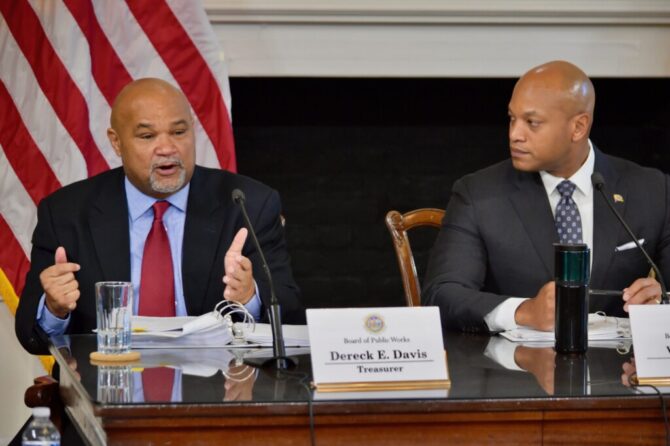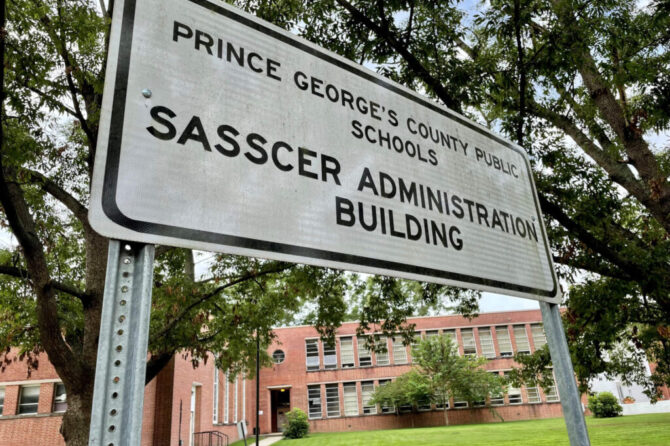WTOP: It’s already being done in D.C., Maryland’s Montgomery County and Virginia’s Arlington County. And now a local philanthropic group is offering to help Prince George’s County launch a guaranteed income pilot program for its residents.
But even those who support the measure aren’t sure the county can afford it.
Under the proposal being considered by the County Council, 200 families would each get $800 a month for the next two years. The Greater Washington Community Foundation is putting up $1 million to make it happen, and has secured another million from another nonprofit. It’s up to Prince George’s County to find $2 million itself to make it happen.
“Some people use the money in guaranteed income pilots to go to school or pay back student debt, so they can start school again, get credentials. Some people use it just to pay down debt in general, so that they’re getting out of the cycle of always being behind,” said Kim Ford, an independent consultant working with the group. And, she said others use it to save up to buy their own home or get caught up on rent.
But what they don’t do is use the money to avoid working, a misconception held by some people with regard to guaranteed income programs, Ford said.
“Working percentage actually goes up with these programs,” Ford said. “Why? Because someone may not have been able to attain or retain employment because they couldn’t purchase or repair a car to get to and from a job. This allows them to do that.
“There are actually a great deal of studies that have been done on this,” she added. “The percentage of people working always goes up in these pilot programs.”
Guaranteed income programs are different from universal basic income programs. With guaranteed income, the recipients are selected, as opposed to giving everyone the money. But even if the county can find the money to make the program a reality, it would have to figure out who would be among the recipients.
Ford said seniors, young people aging out of foster care, and returning citizens are among those being considered, but nothing has been decided yet.
“Guaranteed income is one of the core strategies of our strategic plan,” said Danielle Yates, a spokeswoman for the Greater Washington Community Foundation.
In recent years, the foundation also managed cash-transfer programs, which provided supplemental funds to workers who lost their jobs during the pandemic.
“We are committing to raise a significant amount of money for a campaign. We hope that this is just the beginning and that not only will these programs continue, but they’ll continue to grow,” Yates said.
At a county council committee meeting Monday, Council member Ed Burroughs acknowledged currently funding the county’s end of the program might not be affordable, even as he and everyone else involved in the discussion voted to move it forward.
Similarly, a representative from County Executive Angela Alsobrooks’ office expressed the same sentiment.
“Our budget situation is we’ve been very transparent about,” Alsobrooks addressed at an event last Tuesday. “So we have to do what we can afford.”
She said ideas such as the guaranteed income program make it all the more imperative that the county grows its commercial tax base in the future.
“Growing those tax dollars is a huge priority and taking care of people is a priority, as well,” Alsobrooks said. “We have to do both at the same time.
“We share a lot of the same priorities that the council has; we care about our residents, we want to make sure we can do our best to care for them,” Alsobrooks added.
Acknowledging the costs, Ford said “hopefully they will be able to find a way. But I understand it is tight.”










